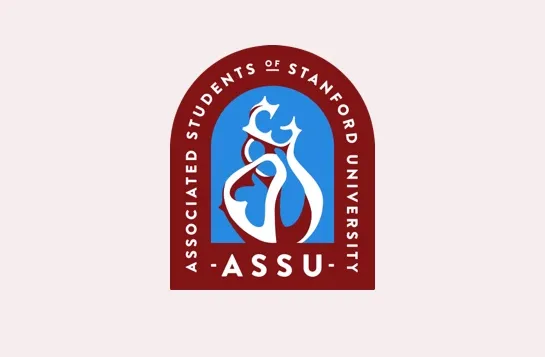Earlier this month, we reached out to each of this year’s candidates for the Associated Students of Stanford University (ASSU) Undergraduate Senate and Executive positions. After interviewing and reviewing the platforms of those who applied for our endorsement, here are the candidates who we believe deserve your vote on April 29 and 30.
Note that candidates for class presidents and representatives of the Graduate Student Council (GSC) will also appear on the May 18 ballot for undergraduates and graduate students, respectively. GSC candidates are elected by their graduate schools, and class presidents are elected by their respective classes. As an editorial board of undergraduates of different class years, we have decided not to endorse candidates in either of these races.
ASSU Executive Endorsement
Christian Gialador ’22 (he/him) & Cricket Bidleman ’22 (she/her)
This election has been unique in many respects. For one, campaigning has taken place entirely virtually, as has the majority of this year. Second, there is only one slate running. Therefore, it comes as perhaps no surprise that we are choosing to endorse Christian Gialador and Cricket Bidleman for ASSU Executive.
We greatly appreciated Christian and Cricket’s commitment to the creation of an ASSU-managed fund that would be able to provide additional funding and support to community groups and efforts across campus. Christian and Cricket had concrete strategies they would employ to make this fund a reality, by both re-allocating pre-existing funds from budgets such as the ASSU Executive budget and raising money from students and donors. We also appreciated their commitment to supporting the creation of a Disability Community Center, an idea that the Stanford Daily Editorial Board has also previously supported.
In addition, we appreciated their interest in transparency. Cricket has previously worked in ASSU’s communications and has a clear interest in improving ASSU’s communication with the student body. Christian and Cricket also demonstrated an interest in explaining their decision-making to students and engaging with criticism and feedback. They committed to not only announcing a cabinet but to publish with that announcement an article that explicitly discusses the ways in which their cabinet both does and does not ensure marginalized groups are given an amplified voice within ASSU.
This being said, it is an inescapable reality that there is only one slate for the executive position this cycle. Christian and Cricket, although clearly competent and passionate, have not previously served in the Senate, and those who have been senators seem to be uninterested in this position. This is now the second ASSU Executive election in two years that is uncontested. Not only is there less choice for students, but the limited competition also lessens the degree to which Christian and Cricket will be held accountable to follow through on their promises.
There being only one group of students running to represent the student body is unacceptable. Although there are circumstances unique to this cycle that contributed to this, it still remains true that only two executive slates ran in the primary. This points to one very clear conclusion: Few people are interested in the executive position.
Christian and Cricket must commit to working to change this during their tenure. It is, after all, vitally important to the continued life and success of ASSU. Beyond them, it must be the work of the Senate and the student body more widely to work to reinvigorate interest in the ASSU and the opportunities it can offer to amplify student voices and demands. If this does not occur, the little representation student voices are afforded is bound to slowly dwindle and be rendered ineffectual.
In addition to endorsing an executive slate, we have also endorsed a slate of Senators. We were impressed with the knowledge of a great deal of the younger candidates who, despite enormous obstacles, have dedicated themselves to becoming involved in campus. In addition to some young candidates, we have chosen to endorse all incumbents running, in large part to maintain institutional knowledge in the Senate, which is particularly important in a year when many of the younger candidates who are freshman and sophomores have spent little to no time on campus. However, we do hope that in this coming year the Senate works to find other ways to maintain institutional knowledge regardless of incumbency rates.
ASSU Senator Endorsements
Aden Beyene ’24 (she/her)

We enthusiastically endorse Aden Beyene, a frosh council representative with a sensible, well-informed plan for her term as an undergraduate senator. Aden’s clear articulation of her thorough platform priorities makes clear that she knows her way around the ASSU and UGS despite being a non-incumbent. Her priorities include supportive measures for students impacted by COVID-19; a host of improvements to supportive services for students with mental health concerns and survivors of sexual violence; and funding and resource allocations for identity-based programming and community centers.
Aden’s experience with design and outreach will make her an asset to the UGS in its attempts to connect more effectively with the student body. Her ideas for outreach, polling and feedback solicitation will help the ASSU better represent the views and priorities of the student population to Stanford’s administration. Aden is running with a slate, The Student Alliance, that includes four other non-incumbent candidates.
Emily Nichols ’23 (she/her)
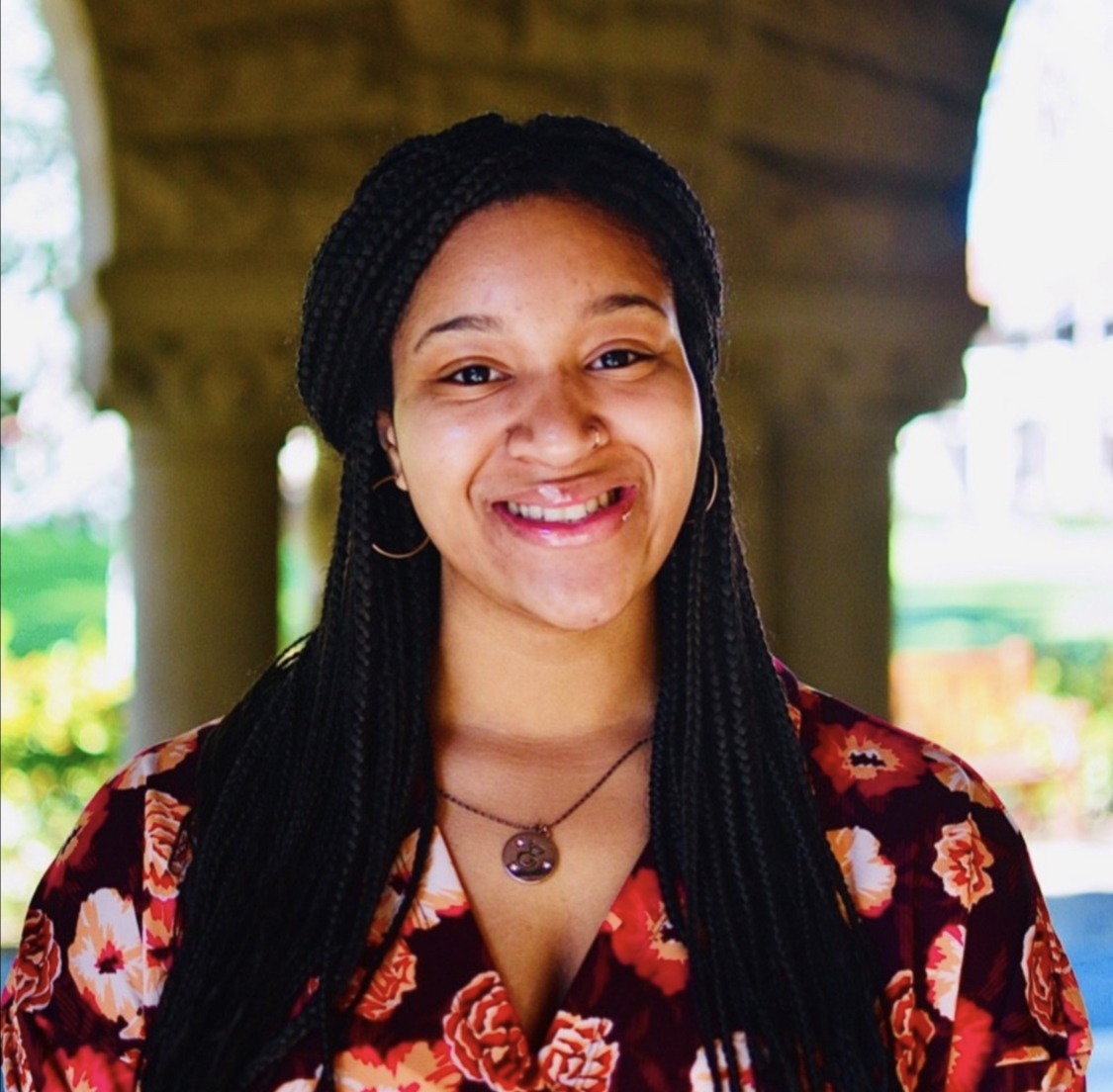
Emily talked about the need to continue to increase transparency and student involvement in the Senate. Within the past term, Emily developed the Senate Communications Committee, created the first bi-quarterly ASSU Senate newsletter and created the ASSU Senate’s first Instagram page (@assusenate).
We are also hopeful that Emily’s past experiences working with Residential Dining and Enterprises (RD&E), serving on VPUE’s Student Advisory Board, and collaborating with VSOs will continue to create productive conversations and dialogue around change in her next term.
In this past Senate, Emily worked with student leaders to establish the Community Oversight Police Board and Black Community Council. She also advocated and wrote a resolution condemning violence against the Asian and Asian-American Community and noted she was most proud of her involvement in the push towards departmentalizing AAAS this year.
Michaela Phan ’23 (she/her)
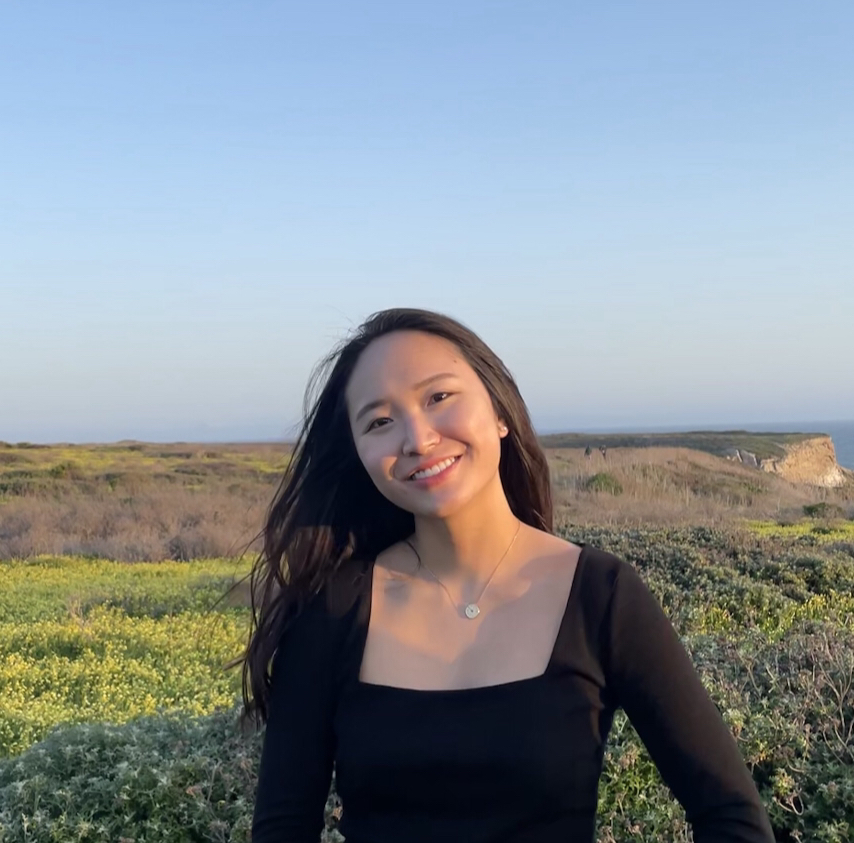
In her interview with us, Michaela demonstrated passion in advocating for communities on campus, provided evidence of how she’s done so in the past and offered clear next steps if she’s re-elected to another term.
As a Senator last year, Michaela co-authored resolutions condemning police violence and anti-Asian sentiment, worked to make sexual violence resource graphics available in every dorm and is now doing the same with mental health resources, and more. For her next term, Michaela is committed to a project that is essential and appears feasible, a rare combination in student government: to improve statistics and data publication of the police’s interactions with students.
Michaela will bring a strong track record and important institutional knowledge to another term.
Darryl Thompson ’23 (he/him)

We are endorsing a second member of The Student Alliance, Darryl Thompson. As an international student from Ghana, Darryl has contributed to advocacy efforts for international students, including those involving ICE requirements during the Trump presidency and COVID-19. Darryl’s experience as an ASSU executive fellow for international student advocacy and his vice-presidency of the Stanford African Students Association have prepared him to bring the needs, priorities and considerations of international students to the UGS in conversation with other international student leaders.
As a Senator, Darryl would prioritize equal and equitable access to academic resources, including maintaining accessible and flexible class attendance options after the coronavirus pandemic. He also hopes to contribute to improved transparency and communication between the Senate and undergraduates — particularly frosh, who he believes should be better informed about how the ASSU works.
Gabby Crooks ’23 (she/her)
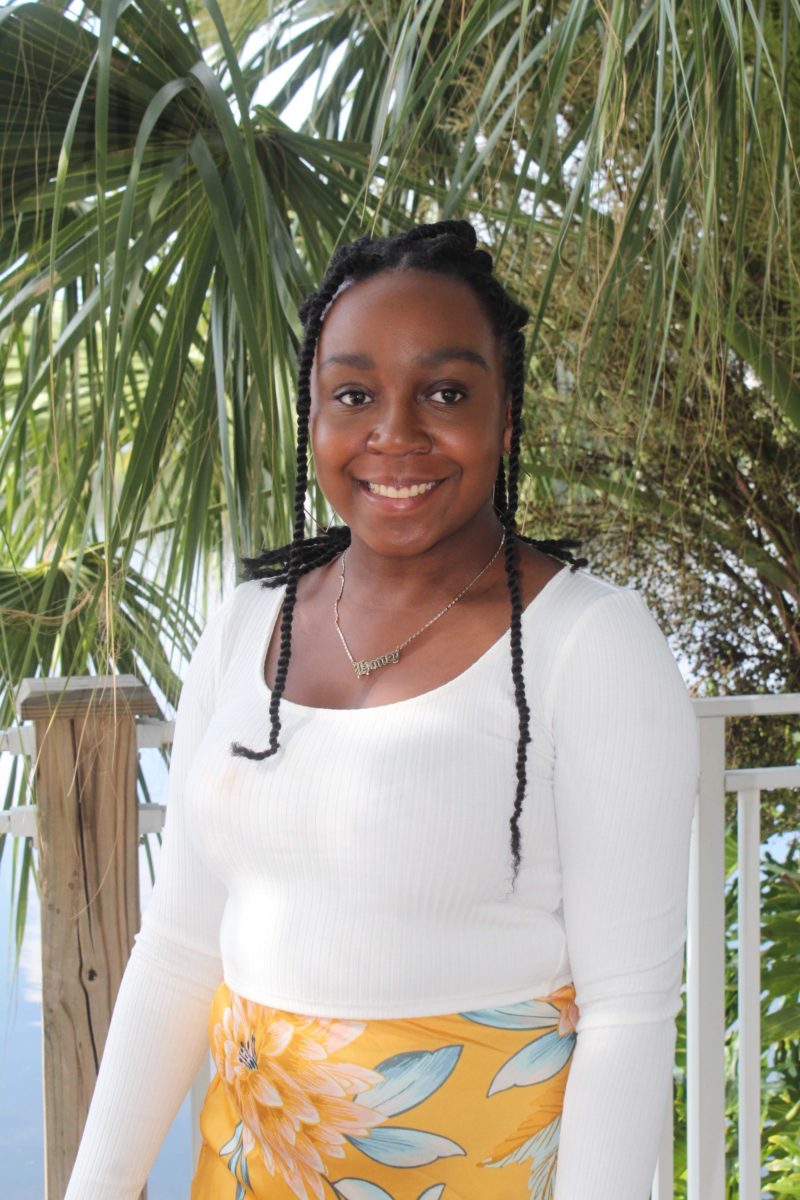
We are endorsing Gabby Crooks, who in her interview with us expressed the importance of transparency and accountability both within the ASSU and outwards in its interfacing with the rest of the student body. In the upcoming year, she intends to focus efforts on improving academic accommodations for students as she advocates for the reinstatement of finals week and implementation of policy that prioritizes mental health.
As an incumbent, Gabby is well-positioned to continue her advocacy work in supporting and amplifying FLI voices and fostering conversations surrounding faculty diversity. Gabby has worked with the appropriations arm of the ASSU, which is important given that the Senate handles $3 million in funds each year.
Sarah Saboorian ’22 (she/her)
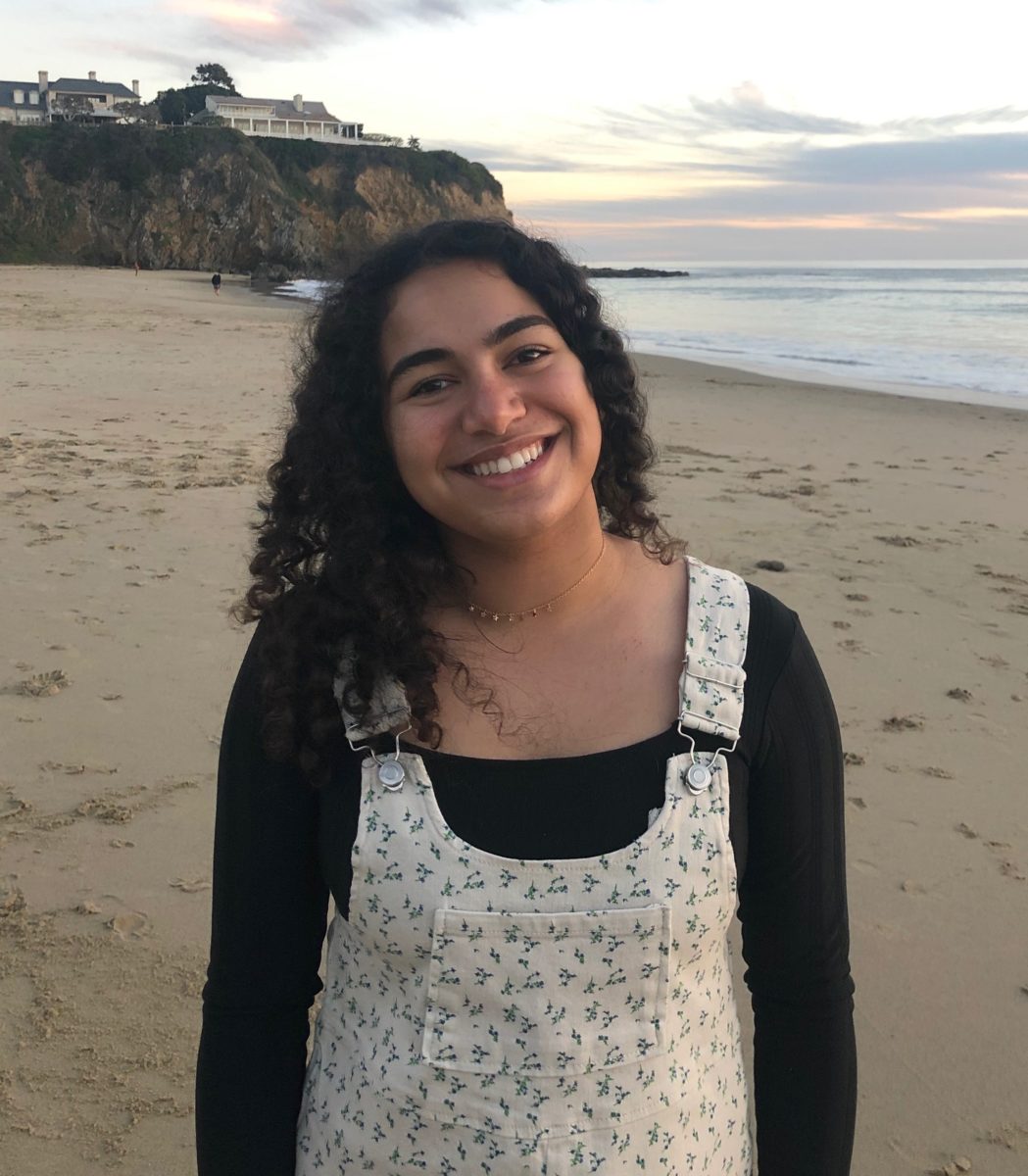
If elected, Sarah will be a rare third-term Senator, an increasingly important role with students returning to in-person operations from a virtual year and with a large number of the ASSU likely to have spent minimal time on the physical campus. In her past two terms, Sarah has focused on sexual assault and sexual violence prevention, work that she hopes to continue in the upcoming year by pressuring University administration to make tangible changes in response to polling — specifically the AAU Campus Climate Survey — and diversifying the Confidential Support Team.
Jordan McElroy ’24 (she/her)

Despite being a freshman, Jordan demonstrated a clear command and understanding of both campus current events and ASSU developments that occurred over the past year. She is clearly interested in the work of the ASSU and is dedicated to improving the Senate as an institution. She highlighted her interest in using the Senate as a platform to uplift voices from marginalized communities and use the feedback gained to make actionable changes to the University, a goal we also wholeheartedly endorse and hope to see more of in the Senate’s next term.
The Vol. 259 Editorial Board consists of Claire Dinshaw ’21, Jackie O’Neil ’21, Elena Shao ’21, Nadav Ziv ’22, Richard Coca ’22, and Rachel D’Agui ’22.
Contact the Vol. 259 Editorial Board at opinions ‘at’ stanforddaily.com.
The Daily is committed to publishing a diversity of op-eds and letters to the editor. We’d love to hear your thoughts. Email letters to the editor to [email protected] and op-ed submissions to [email protected].
